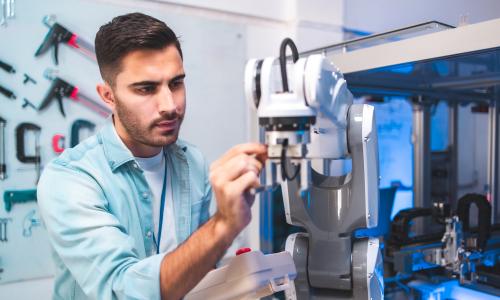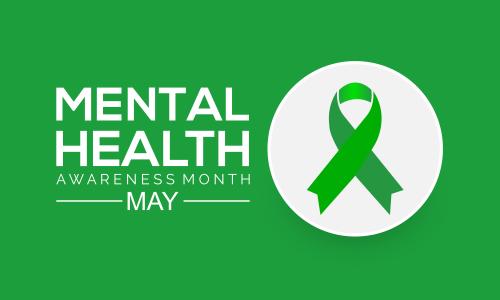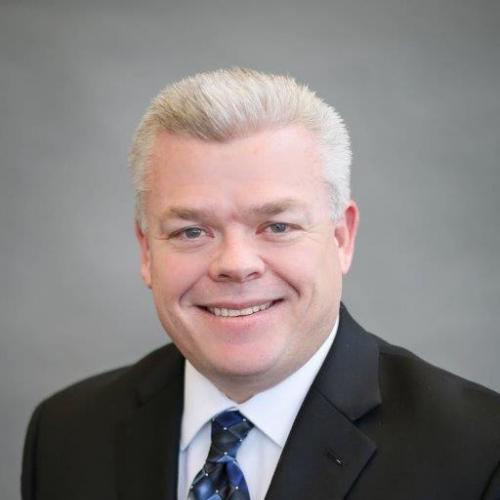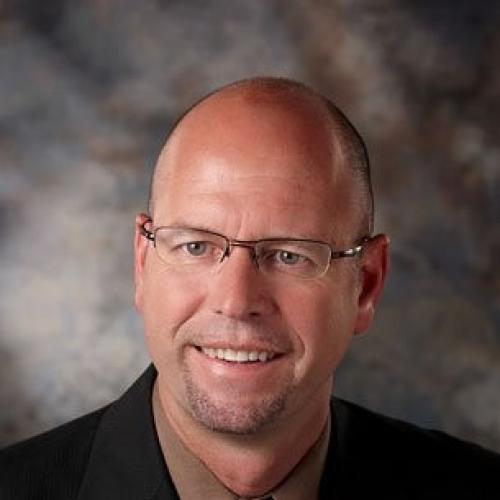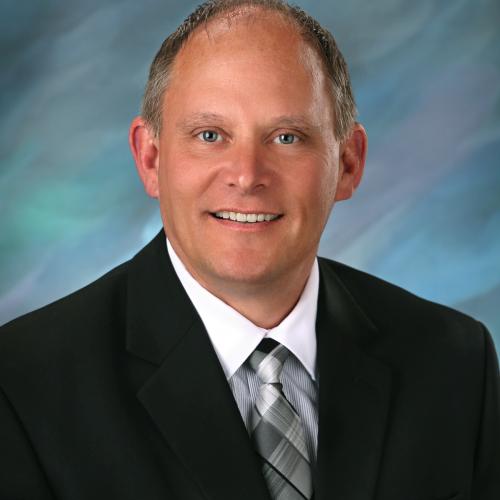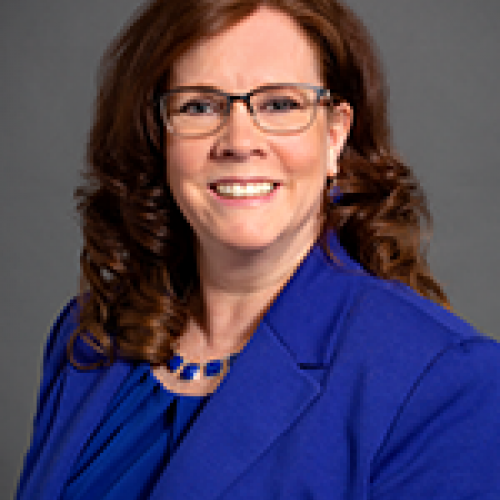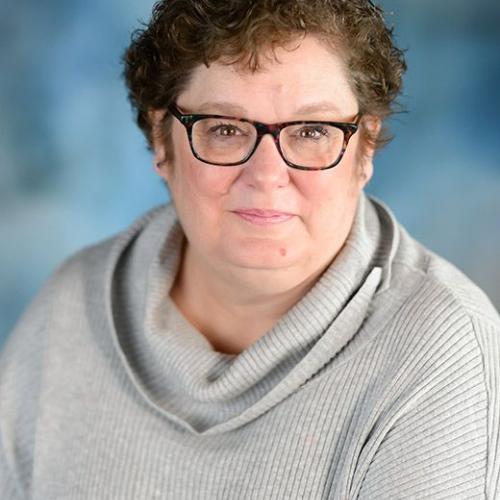Last year was anything but normal for Community Hospital in McCook. From early 2020 to date, the Coronavirus pandemic has swept across the world. Initially there was a shortage of virus information and medical supplies—especially personal protective equipment. Media reports showed frightening videos of packed emergency rooms and rows of patients on ventilators. Stories of rapid spread, healthcare provider fatigue and patient decline filled the news.
Early on, the healthcare team at Community Hospital pivoted from regular operations to prepare and manage the virus. The hospital’s emergency incident command was implemented. Supplies were assessed, evaluated and risks mitigated. Action plans, policies and procedures were made, adjusted and executed. The hospital’s goal: Protect our healthcare team and provide needed healthcare to our region. Community Hospital’s team never hesitated to do what was necessary for the community. They were and they are Hometown Heroes!
The staff responded in some amazing ways. Here are snapshots of two of the initiatives:
Community Supply Needs
In the spring of 2020, COVID-19 was making it difficult for medical facilities in the area to obtain critical medical supplies. Community Hospital began spearheading a project to link businesses and industries in surrounding communities which have an excess of needed supplies, to key healthcare facilities in need. The hospital was playing matchmaker, if you will, to those that “had” and those that “had not.” Businesses such as dental clinics, schools, tattoo parlors, nail salons, veterinary clinics, feedlots, ophthalmologists, manufacturing companies and construction companies potentially had an excess of medical supplies. Those facing severe medical supply shortages were local physician clinics, nursing homes, assisted living facilities, EMS and public service, and hospitals.
They needed protective personal equipment (PPE) such as surgical masks, N-95 masks, Tyvek suits and other body suits, eye protection (face shields, safety glasses, goggles), all sizes of disposable and reusable gowns, all sizes of disposable gloves, bouffant hair covers, hair nets, scrub caps, shoe covers, scrubs, hand sanitizer, thermometers and covers, spray disinfectants and bleach/disinfectant wipes.
Heading up the project was Community Supply Needs coordinator, Ethen Scott. Ethen is Community Hospital’s athletic trainer for high school and college sports in the area, but he was temporarily reassigned to this important task when the schools closed in March 2020.
Scott first contacted healthcare facilities in Chase, Dundy, Frontier, Furnas, Hitchcock, Hayes and Red Willow counties and the Kansas counties of Rawlins, Decatur, Cheyenne and Thomas to determine their supply needs. Next he identified and, with several other staff, contacted a list of more than 300 businesses in a variety of industries in the above counties to see if they could fulfill an identified need.
Partnering with Community Hospital to store community supplies until they were picked up was McCook Evangelical Free Church. “No money changed hands,” said Lori Beeby, Community Hospital Vice President of Support Services in describing the matchmaking service.” The hospital saw a need they wanted to help with, but we could not have made this work without the generous donations of area industries and businesses. Ultimately, the prize winners in this project were all the healthcare workers benefiting from the additional PPE who were protected,” she added.
Monoclonal Antibody Therapy
The FDA emergency use authorization of monoclonal antibody therapy medications has been a game changer for COVID patients. Although the names of the drugs look like alphabet soup: bamlanivimab and casirivimab/imdevimab, they have been instrumental in keeping COVID-positive patients from being hospitalized. Several individuals who received the treatment called it a miracle drug. Many believe without this treatment, the McCook area would have experienced a much higher hospitalization rate and COVID-19 associated deaths. Community Hospital administered 142 infusions to 142 outpatients.
In addition to the antibody treatment being distributed through federal allocations to hospitals for qualified outpatients, the state of Nebraska also developed a pilot program with the manufacturer to have doses available to provide infusions directly to nursing home residents. Great Plains Health in North Platte was invited to participate in this pilot project and they recommended Community Hospital to join. We accepted the nomination. Within two days our leadership team had monoclonal antibody therapy infusion policies and procedures developed for the hospital and for treatments that would be provided in area nursing homes. Then the hospital staff got to work visiting nursing homes to provide the treatment to 47 COVID-positive patients.
On December 24, 2020, Anthony Rodewald, Community Hospital Director of Pharmacy communicated this message to Community Hospital employees:
“Community Hospital received a health alert network advisory from the Nebraska Department of Health and Human Services encouraging monoclonal antibody therapies for COVID that stated, ‘to date, over 1,100 outpatients and 200 nursing home residents have received these therapies in Nebraska.’
Given the fact that we have infused 56 doses to outpatients and 46 doses to nursing home residents, this means that we have infused ~ 5% of the outpatient therapies and 23% of the nursing home infusions in the state or ~ 7.8% of the overall infusions done in the state have been done through CH. Good job everyone!”
“This really puts into light how much we are helping save lives especially in long-term care. We have an amazing team that should be proud of this!” said Molly Herzberg, VP Patient Care Services & Chief Nursing Officer.

